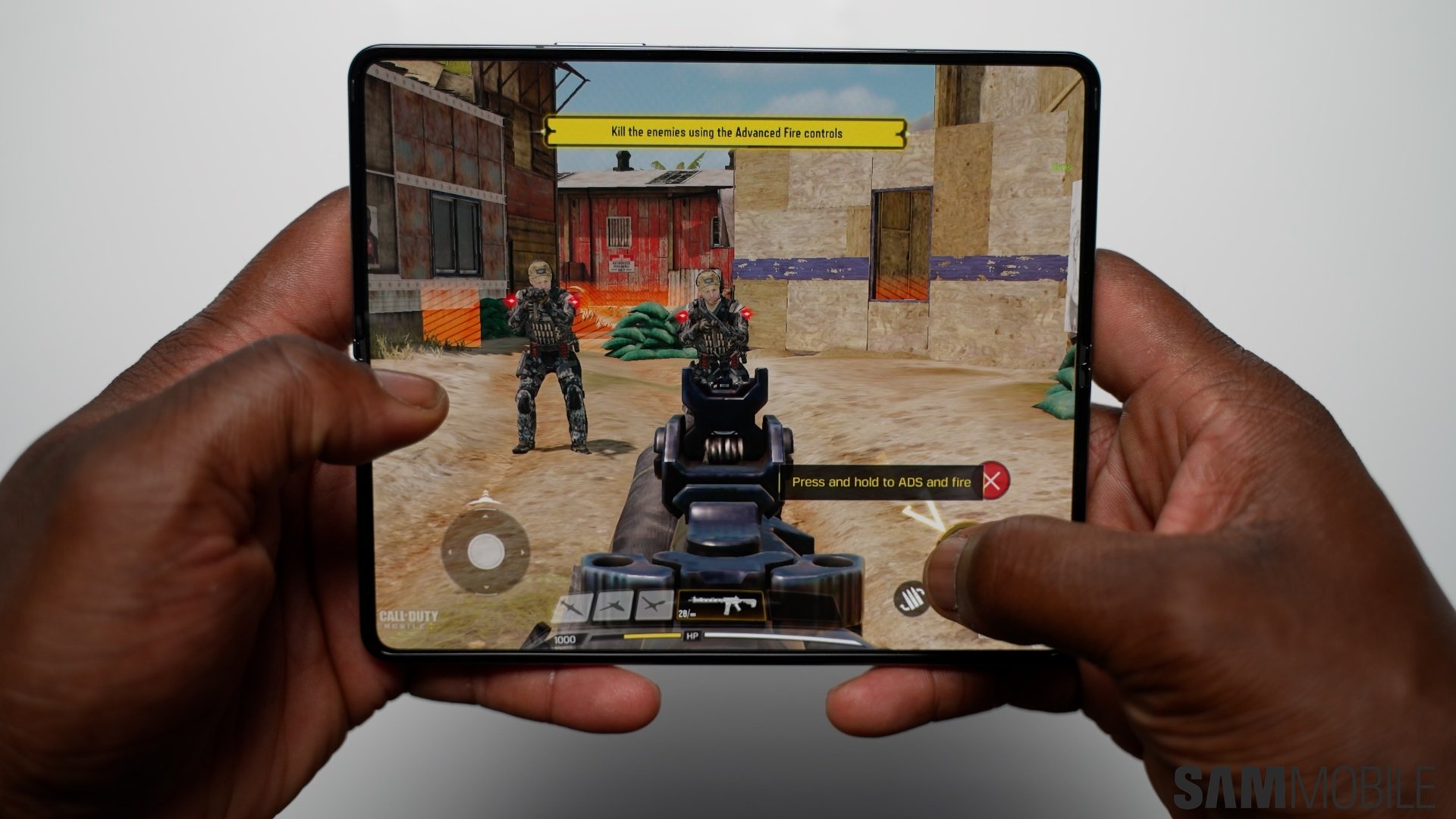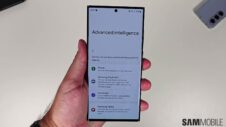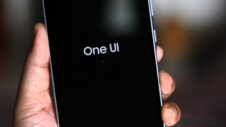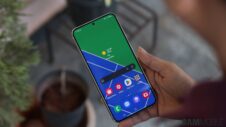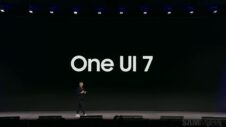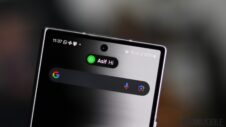Samsung has dominated the Android smartphone market for a long time. The company first started making Android phones in the late 2000s, and its first proper flagship, the original Galaxy S, came out in June, 2010. The Galaxy S was a big hit, thanks to its combination of high-end specs, the rare-at-the-time AMOLED display, and a heavy marketing push that Samsung has applied to pretty much every smartphone launch since then.
You could even argue that the big budgets Samsung allocated to its marketing efforts can be considered the biggest reason for why Galaxy phones became so popular so quickly and managed to overshadow much of the competition, such as HTC and Sony, who were making some of the best Android smartphones back then but never felt the need to advertise their offerings enough through traditional means.
In fact, such was Samsung's domination of the smartphone market just 2-3 years after its first Android phone hit retail shelves that for many customers, Galaxy smartphones became synonymous with Android. And for many customers, Samsung's Android smartphones were all they had used, and that meant that too many fans were unwilling to concede — or maybe just failed to realize — how Galaxy phones had an insane amount of lag and stutter in day-to-day use, especially on flagship devices with high-end processors powering them.
Samsung's Galaxy phones were frustratingly slow in the early years
I was such a fan myself. I started my Android journey with the Galaxy Apollo in 2010, moved on to the Galaxy S a year later, then upgraded to a Galaxy Note 3 when I joined SamMobile in 2013. I loved how Samsung gave you all sorts of software features (the kitchen sink approach, as they call it) like many other Samsung fans, and I was pretty happy with the Galaxy Note 3.
Sadly, just a few months later, I lost the Galaxy Note 3. Devastated, I wanted to get a new phone as soon as possible, and I picked up a Sony Xperia Z1 that was available for a discount. And I'm not overstating it when I say I was shocked by the smooth and quick performance of the Xperia.
Suddenly excited to discover what other brands had to offer, I quickly switched from the Xperia Z1 to an HTC One M8 and then replaced the HTC phone with the OnePlus One, with each device having faster and more fluid performance than the last. But I eventually returned to home base and got myself a Galaxy Note 4, only to discover it had more, not fewer, performance issues than the Note 3.
That's when I wrote an opinion, titled ‘It’s 2014, Samsung. Why does your software still lag, even on a flagship device?‘. And some of our readers were not impressed. Quite a few commenters said how I was wrong and that their Galaxy phone doesn't lag or stutter, while a few said they were fine with the lag and stutter as a compromise for getting so many software features that other brands did not offer.
While I understood the latter argument, I attributed the former to the commenters never having stepped out of their bubble and never having seen recent phones from competing brands in action. I said as much when replying to those comments, but I ended up looking like the villain because almost no one was ready to acknowledge that Samsung phones had a lag problem.
Well, thankfully I was proven right the next year by Samsung itself when it launched the Galaxy S6 and Galaxy S6 edge. The S6 and S6 edge were a major design overhaul after the backlash Samsung received over not making its flagships feel more premium. But Samsung didn't just focus on the design. It overhauled the software as well – in addition to making the user interface simpler and less confusing to use, the company also fixed lag and stutter.
And the best part? Samsung didn't shy away from acknolwedging that its phones had lag and stutter. At the Unpacked event where the Galaxy S6 duo was launched, the Vice President of Samsung's UX Innovation Team took the stage to reveal that “lag or stuttering is gone!” and that the company took suggestions from its customers and online friends. We might have had something to do with it as well, at least if Samsung Korea wasn't kidding when it told us that our/my feedback (both negative and positive) was something they cherished.
Here's the video where Samsung unveiled the Galaxy S6 and talked about the improved performance (skip to the 18 minutes 17 seconds mark):
Has Samsung actually fixed lag and stutter on Galaxy devices?
It's been eight years since the Galaxy S6 and Galaxy S6 edge were announced, and for me their unveiling was the most exciting of any Galaxy phone that came before. The idea of finally getting to use a flagship Galaxy smartphone that didn't lag like phones you could get for half the price made the wait for the S6 and S6 edge's release date crazy hard – naturally, the more premium hardware design and the dual-curved Galaxy S6 edge display also factored in to the anticipation.
But, so many years later, has Samsung actually fixed the lag and stutter on Galaxy devices? Well, it depends on how you look at it. Samsung's flagships run great these days – the Galaxy S23 series in particular is unbelievably fliud and fast, and while not at the same level, so are last year's Galaxy Z Fold 4 and Galaxy Z Flip 4. But what about Samsung's mid-range and budget phones?
Unfortunately those continue to fall behind the competition, with Samsung failing to optimize handsets based on its in-house chips. And Samsung still hasn't perfected the art of making sure that its phones continue to run well a few months or a year or more down the line. That's true even for some flagships. My Dad and my wife have both complained that their Note 10 and Note 10+ (respectively) tend to slow down every now and then; my Mom has similar complaints about her Galaxy S10 Lite, and it's all despite the fact that my parents and my wife never do anything that's resource-intensive.
Still, the Galaxy S23 has given us hope that at least the top-of-the-line Samsung phones have finally achieved the kind of performance that could be impossible to improve further. The mid-range and budget ones will probably continue to offer a less than ideal experience, though Samsung is more than welcome to prove me and other critics wrong.
